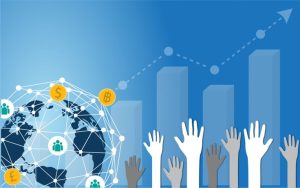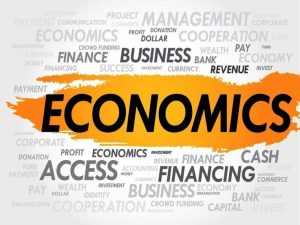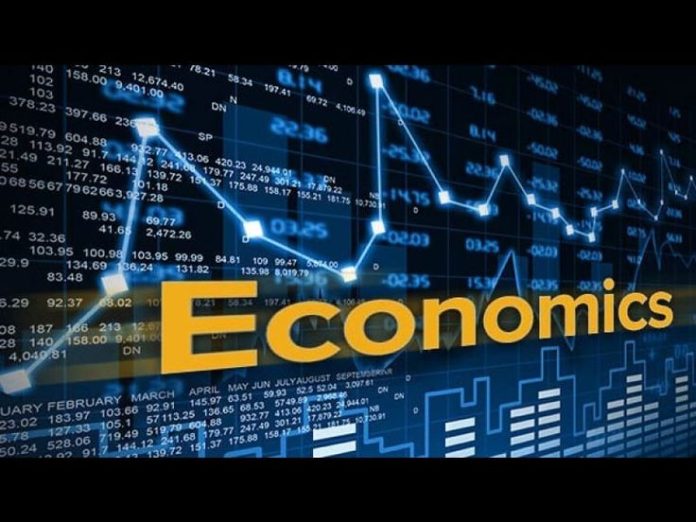Is Economics a Social Science
Yes, economics is considered a social science. Social sciences are academic disciplines that study various aspects of human society, including individual and collective behavior, interactions, and institutions. Economics is a social science that focuses on the production, distribution, and consumption of goods and services and how individuals, businesses, and governments make choices to allocate limited resources to meet their wants and needs. It often examines economic systems, markets, and the impact of economic decisions on society.
Defining Economics
Economics is the social science that studies how individuals, businesses, and societies manage resources in a world with unlimited wants and limited resources. It is a discipline that seeks to comprehend the decision-making processes behind the allocation of resources and the consequences of these decisions.
Importance of Economics
Economics plays a crucial role in our daily lives, influencing everything from individual financial choices to government policies. Understanding economic principles allows us to make informed decisions about how to allocate our resources efficiently.
The Scope of Economics
The scope of economics is vast and encompasses microeconomics, which focuses on individual decisions and small-scale markets, and macroeconomics, which deals with broader topics such as national income and international trade. Also, read about What is Scarcity in Economics
The Roots of Economics
History of Economic Thought
Economic thought has a long and fascinating history, dating back to ancient civilizations like Mesopotamia and Greece. It has evolved over time, with each era contributing to the development of economic theory.
Early Economic Thinkers
Notable early economic thinkers include Adam Smith, who laid the foundation for classical economics with his seminal work “The Wealth of Nations,” and John Maynard Keynes, a key figure in the development of Keynesian economics. For more interesting information visit our website generalquests.com
Economics as a Social Science
Economics and Other Sciences
Economics is often categorized as a social science, but it also shares common ground with mathematics and statistics. It uses empirical data and mathematical models to understand economic phenomena.
The Scientific Method in Economics
Economists employ the scientific method to formulate hypotheses, gather data, and analyze outcomes. This rigorous approach allows for a better understanding of complex economic issues.
Economic Principles
Scarcity and Choice
Scarcity is the fundamental economic problem that arises from limited resources and unlimited wants. Individuals and societies must make choices about what to produce and consume.
Supply and Demand
The law of supply and demand governs market behavior. When supply exceeds demand, prices drop, and when demand exceeds supply, prices rise.
Utility and Rational Choice
Economic agents are assumed to make rational decisions to maximize utility, or satisfaction, from the goods and services they consume.
Schools of Economic Thought
Classical Economics
Classical economics, rooted in the ideas of Adam Smith and David Ricardo, emphasizes the importance of free markets and limited government intervention.
Keynesian Economics
Keynesian economics, developed by John Maynard Keynes, advocates for government intervention to stabilize the economy during periods of recession or inflation.
Neoclassical Economics
Neoclassical economics blends classical and Keynesian ideas, focusing on market efficiency and consumer choices.
Behavioral Economics
Behavioral economics explores how psychological factors influence economic decisions and challenges the notion of purely rational choices.
The Interplay of Economics and Society
Economic Systems
Economic systems, such as capitalism, socialism, and mixed economies, shape how resources are allocated and how wealth is distributed.
The Role of Government
Governments play a pivotal role in regulating markets, ensuring fairness, and addressing market failures.
Globalization and Trade
Globalization has increased the interconnectedness of economies, impacting international trade, labor markets, and economic growth.

Challenges and Debates in Economics
Economic Inequality
The issue of economic inequality is a subject of ongoing debate, with economists proposing various solutions to address disparities in wealth and income.
Environmental Economics
Environmental economics examines the trade-offs between economic growth and environmental sustainability.
Economic Policy Debates
Economic policy debates revolve around government interventions, fiscal policies, and monetary policies aimed at stabilizing the economy.
The Future of Economics
Technological Advancements
Advances in technology, including artificial intelligence and automation, are reshaping the economic landscape.

Emerging Economic Trends
Economic trends, such as the rise of the gig economy and e-commerce, are transforming traditional economic structures.
The Evolving Field of Economics
As the world changes, economics continues to evolve, adapting to new challenges and opportunities.
Conclusion
In conclusion, economics is undeniably a social science, intertwined with mathematics and statistics. It addresses fundamental human questions about resource allocation and decision-making. Understanding economics is vital for individuals and policymakers alike. As society evolves, economics will remain at the forefront, guiding us through the complexities of a rapidly changing world.
FAQs
Is economics only about money and finances?
Economics encompasses a wide range of topics, including but not limited to money and finances. It also delves into resource allocation, decision-making, and societal well-being.
How does economics impact government policies?
Economics plays a significant role in shaping government policies related to taxation, spending, and economic stability.
Can economics predict economic recessions and booms?
While economics can provide insights into economic trends, predicting recessions and booms with absolute certainty is challenging.
What are the ethical considerations in economics?
Ethics in economics involve questions of fairness, justice, and the distribution of resources.
How is economics adapting to the digital age?
Economics is adapting to the digital age through the analysis of data, the study of e-commerce, and the impact of technology on the job market.







